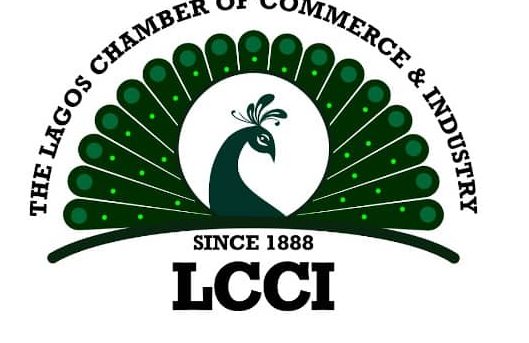The Lagos Chamber of Commerce and Industry has recommended to the government to implement prudent fiscal policy measures particularly in terms of borrowings as well as address the challenge of food inflation.
The Chamber in a press statement signed by its Director General, Dr. Chinyere Almona said the implementation can be made by immediately reducing/removing tax on basic food items to protect the most vulnerable.
She therefore implored the government to hasten the provision of the anticipated palliatives to lessen the impact of the rising trend in prices on economic agents, urging the CBN to pause interest rate hikes to relieve the pressures on the supply side, especially at this time.
The Chamber in its reaction to the inflation rate last month said it is concerned about the uptick in inflation (year-on-year) driven by increase in both the food and core components of the CPI, noting that the slow pace of headline inflation month-on-month may be an indication that the path of price movements remains unclear in the near term.

“As a result, we anticipate businesses will implement a variety of cost reduction strategies, including downsizing and local sourcing of input factors as they bid to lower operating expenses. Also, household real income will continue to experience decline, especially in the near term” Almona said.
“Given the recent Consumer Price Index (CPI) data released by the National Bureau of Statistics (NBS), inflation rate (year-on-year) rose to 25.80% in August from 24.08 recorded in July, implying eight consecutive months increase and the highest since September 2005. This represents 1.72% points higher than the previous month and 5.28% points when compared to 20.52 recorded in the corresponding month in 2022. On a month-month basis, inflation, however, moderately increased to 3.18%, 0.29% points rise compared to the 2.9% surge in the previous month.
“Food inflation rate increased to 29.37 percent, implying 2.36 percentage points increase when compared to 26.98 percent the previous month and 6.22% points increase compared to 23.12% points in the corresponding month in 2022. Similarly, core inflation increased to 21.15 percent, 0.68% points and 4.03% points increase when compared to 20.47% in July 2023 and August 2022 respectively.
“In terms of contributions of items, the data revealed that food and non-alcoholic beverages contributed the highest to the price increase at 13.36% followed by housing water, electricity, gas and other fuel (4.32%), clothing and footwear (1.97%), transport (1.68%) and furnishing & household equipment & maintenance (1.30%)” the statement indicated.


